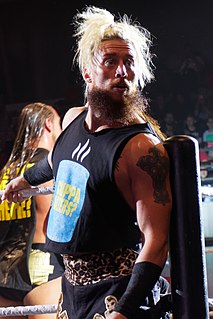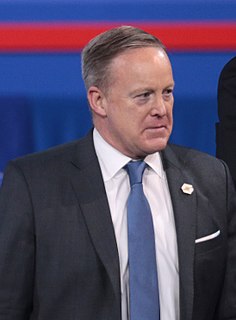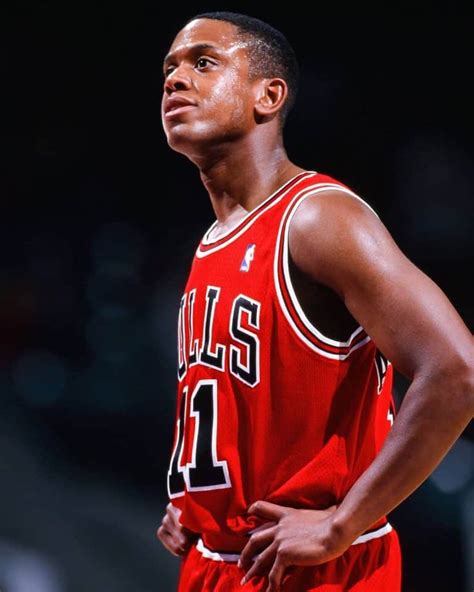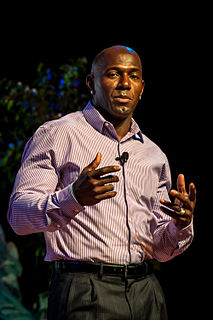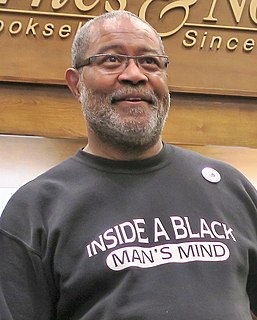A Quote by Steven Wright
Very rarely do I talk off the top of my head on stage. I'm not an improv guy. I'm a writer-guy who presents what he's written.
Related Quotes
I'm the guy who will persist in his path. I'm the guy who will make you laugh. I'm the guy who strives to be open. I'm the guy who's been heartbroken. I'm the guy who has been on his own, and I'm the guy who's felt alone. I'm the guy who holds your hand, and I'm the guy who will stand up and be a man. I'm the guy who tries to make things better. I'm the guy who's the whitest half Cuban ever. I'm the guy who's lost more than he's won. I'm the guy who's turn, but never spun. I'm the guy you couldn't see. I'm that guy, and that guy is me.
I see manuscripts and books that are spoiled for the literary reader because they are one long stream of top-of-the-head writing, a writer telling a story without concern for precision or freshness in the use of language. Some of this storytelling reads as if it were spoken rather than written, stuffed with tired images that pop into the writer's head because they are so familiar. The top of the head is fit for growing hair, but not for generating fine prose.
Between me and my wife, there's this joke where I'll be doing some fun interview, and I'll get off the phone and be like, "That guy was an idiot." A lot of times, interviews are like being asked a list of questions. Invariably, there will be this part where they think you're a writer for Letterman: "Just off the top of your head, tell me the 10 most influential bands on you." And you're actually asked to come up with a spontaneous list. It's like, "Dude, I'm not living in High Fidelity."
I think with improv - and I say it all the time because it's become such a catch thing that you talk about improv - if the scene is well-written, you don't need to improv. But that being said, if something strikes you in the moment and, most importantly, you know where the scene is supposed to go, it's no different than method acting.


